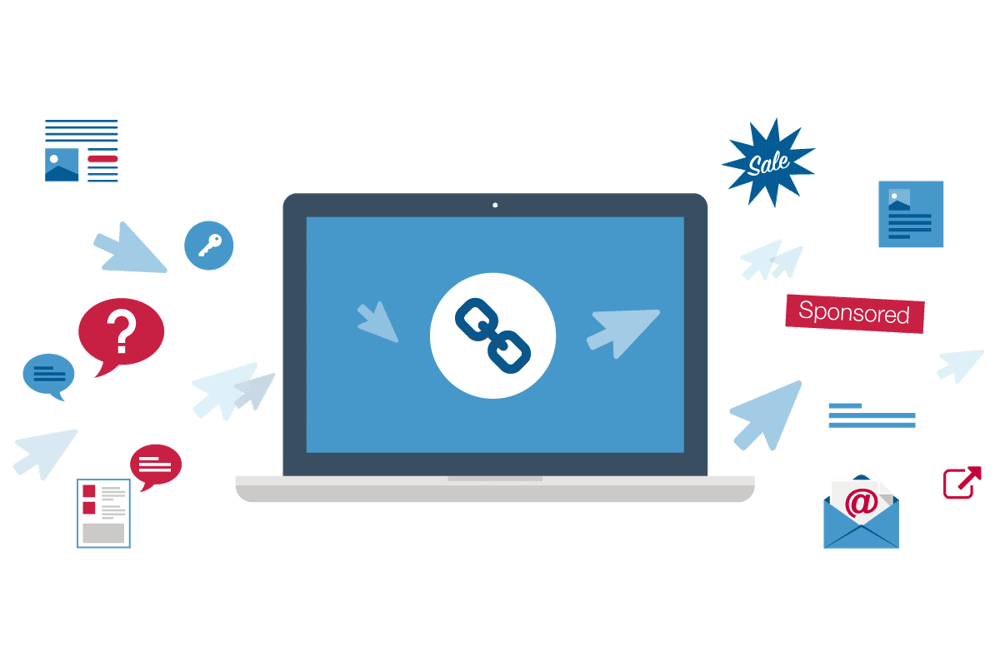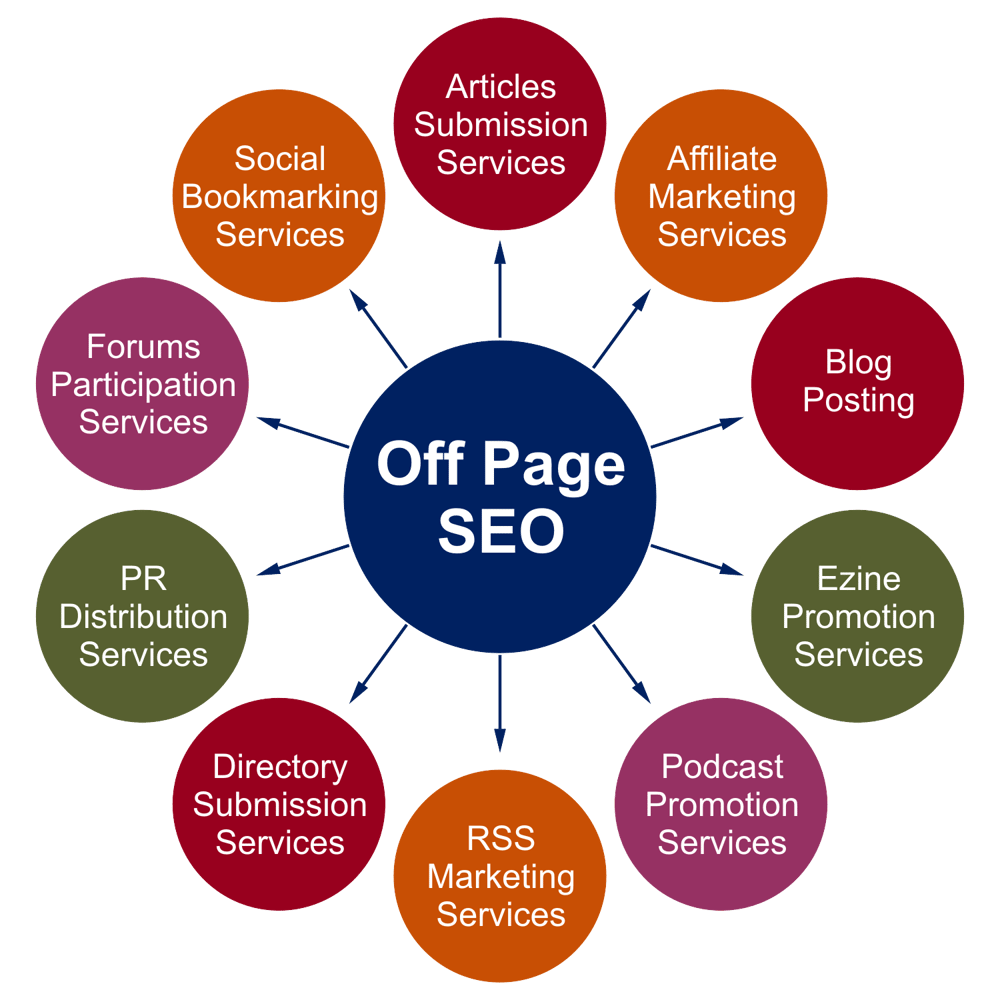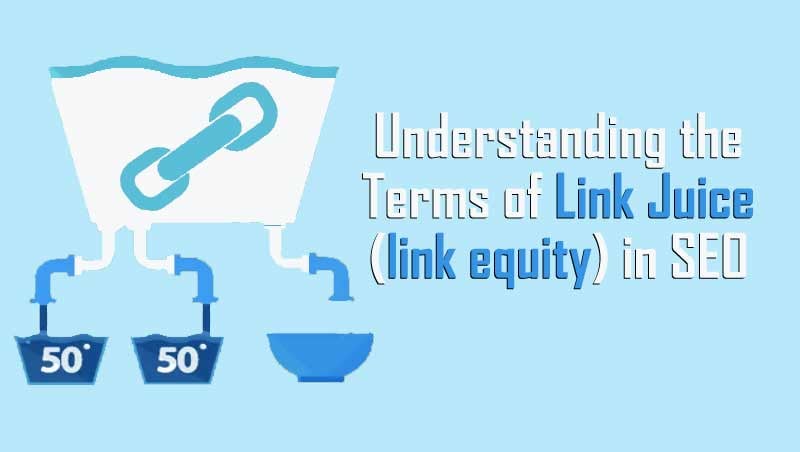These actions impact your search engine rankings within SERPS (search engine results pages), and are done with the intention of improving the page authority, relevance, and ranking of a website on search engines.

Overview
Off-page SEO helps to improve both search engine and user perceptions of your website’s popularity, relevance to search queries, and overall trustworthiness as a source of information within your area of expertise.
The off-page element of SEO occurs when reputable websites and internet sources (pages, businesses, people and more) link to or promote your website in some capacity.
Linking back to your website is seen by search engines as a signal of quality, trust and relevancy for the content linked to, which helps your website gain both domain authority and far more visibility on search engines.
In essence, off-page SEO is the authority of your website and its popularity on search engines.
3 Main Types Of SEO Backlinks
Natural Links
These are links which are given to a site without any direct influence or action from the site owner. This happens when other website owners, bloggers, or webmasters link directly to your website content (pages, blogs, images, products, videos, etc).
Manually Built Links
These are links which are acquired through direct link-building activities. This includes “outreach” efforts such as asking influencers or customers to link directly to your website.
Self Created Links
Are non-editorial backlinks which are created with the intention of tricking search engines into giving your website more SEO value than it actually has.
This is often done through practices such as adding a backlink in an online directory, forum, blog comment signature, or a press release with optimised anchor text, and is often linked with “black hat SEO” and is usually frowned upon.
 Top Off-Page Factors
Top Off-Page Factors
Backlinks
Backlinks (Links from one website to another) remain a very important factor in organic ranking because they serve as a “vote of confidence” for your website from another, shows Google how much your website matters to others, also references to the quality of your website.However, it is not just the quantity of backlinks of your site which matter most, it is also the quality of the links which are also a contributing factor.
Backlinks are all about building the relevance, trustworthiness, and authority of your website. So, if the link does not improve your site authority or pass equity to your site, then it is best not to link to the particular page.
Domain Authority
Domain Authority (DA) is a search engine ranking score developed by Moz that predicts how likely a website is to rank on search engine result pages (SERPs).According to Hubspot, domain authority is like your website’s reputation as a thought leader in the chosen area of expertise.
Search engines use your domain authority to make sure you can provide the highest-quality content about your specific subject matter.
Ultimately, the more relevant your site content and backlinks, amongst other factors, is also the higher your domain authority will increase, and the higher your domain authority increases is also the higher Google will rank your pages on SERPs.
Social Promotion
While social media posts and engagements aren’t directly linked to page rankings, they can certainly help boost traffic to the site and generate a lot of link shares; and this can alternatively improve your site ranking.
Content that’s shared on Google+ is also indexed immediately, also helping with ranking improvements.
What Is Link Equity?
Link Equity, aka “link juice” is a search engine ranking factor based on the idea that linked pages on a website also pass or transfer their value and authority to each other; all depending on various metrics such as page authority, topical relevance, site health, domain status, and more.According to Moz; these are the signals that positively contribute to the equity passed,:
- The linking site's popularity
- How related the linking site's topic is to the site being linked to
- The "freshness" of the link
- The anchor text used on the linking site
- The trustworthiness of the linking site
- The number of other links on the linking page
- Authority of the linking domain and page
Link building As a Ranking Factor
Off-page SEO helps your website’s ability to rank in search engine results.
Link-building is the basis of off-page SEO involving a process of building backlinks to your website from pages and sources with major authority.
Backlink building or link building is one of the most notable off-page SEO approaches where you build external links to your website to boost its search engine rankings.
The aim is to acquire as many quality backlinks as possible to outmatch your competitors. The basic idea is the more quality backlinks you have the higher your search engine authority will be.
Alternative off-page SEO methods
Earning and building external links may be the bread and butter of off-page SEO, but there are alternative ways to improve your off-site SEO ranking. These methods include:
Social media marketing and bookmarking
Links are built by engaging others on social media platforms. You can receive brand mentions, both linked and non-linked. You can also promote your website on popular websites like Reddit, ScoopIt, Digg, etc. These websites are constantly updated and have high search engine value.Guest blogging
Publishing your high-quality and relevant content on other authoritative websites naturally leads to more external traffic.
Online PR
Do not forget the importance of your company’s online PR activities and distributing your press releases to authoritative online news outlets, websites and networks. These efforts will be able to give you an external link back to your website.

Conclusion
The best quality links are natural and occur when content creators or page owners share content such as blog posts that link back to your website naturally, without any action from your side.
Remember with link building, it is not only the number of inbound links you acquire to your website but also the quality of these links and much more.
Always consider the popularity of the website that links to you and how related the topic they are linking to you is.
Many people forget the importance of anchor text (the text selection that appears hyperlinked on the linking site).
The anchor text needs to contain the focus keyword you wish to rank for.
Also, think about the linking website’s trustworthiness and their overall authority in search engine results. These are all important off-page ranking factors.
So, what are you waiting for? With off-page SEO, you will see your search engine rankings getting higher, your brand receiving more online exposure and your organic website traffic increase dramatically.
However, if you are finding this far too technical for your liking, you can always contact us or check our Digital Marketing 101 Whitepaper below for more in-depth insights.

-PART-3-20171024.png?length=1270&name=MO-Blog-Template-1200-x-630-SEARCH-ENGINE-OPTIMISATION-(SEO)-PART-3-20171024.png)




